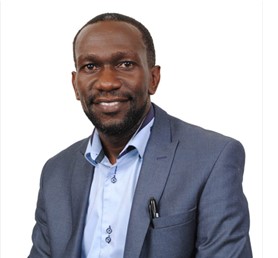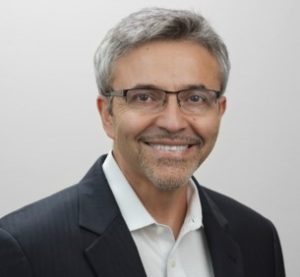Clinical Researcher—May 2021 (Volume 35, Issue 4)
SCIENCE & SOCIETY
Yonnie Otieno; Al O. Pacino
The COVID-19 pandemic is redefining health systems beyond its origins in 2020. Rapid changes are continuing to occur in the use of digital health technologies to fast-track delivery of personalized medicine. Providers of clinical education and course learning ought to be open to collaboration when it comes to the distribution of trainings that sponsors require clinical trials team members to take. Moving forward, online learning plans are including incentives for professional education and certification training for personnel to attain the highest level of regulatory excellence. The survival of African sites is counting on the delivery of research training, connectivity, and security. Online access can improve healthcare compliance, ensure privacy of data, and upscale training standards that address the health of populations in the region.
Acknowledging Successes and the Continued Need for Connectivity
As emerging technology enhances medical care and clinical research, over the next several months sponsors and other biopharmaceutical firms, universities, contract research organizations, hospitals, and other organizations are preparing executive personnel to integrate even more applications. Use of telemedicine, artificial intelligence, deep mind learning, and digital therapeutic tools inform medical policies and public health actions.
Presently, more digital-based training is applied and optimized in the search and design of innovative drugs, life-saving vaccines, and medical test devices. A sense of urgency to adopt the use of digital therapeutics and peripheral devices in centralized and decentralized research trials has grown among leaders. Simultaneously, care is being redesigned to address how patients are managed, diagnosed, and monitored for disease progression. A new approach of setting up robust digital/eLearning libraries as a catalyst for capacity training and education can contribute to shaping global public health.
In this context, long-term strategic and social investment in education and training are critical for professional growth on the African continent. Collaborations between educational institutions and research development for organizations can provide modern access to continuing medical education (CME). A track record of achieved CME for principal investigators and other education for clinical trials team members, all of which should include globally standardized competencies, is key to the perceived feasibility of a site for participation in sponsored studies.
Existing global collaborations have resulted in the development of tools that update researchers about major diseases, indications, and therapies. The sharing of medical research education and training provided breakthroughs in advancing on mRNA and viral vector vaccine technologies. Accessing new research therapeutics is important for novel vaccines development, and ultimately, the handling of other diseases.
Meanwhile, efforts toward educating the public about research principles and the need for participation in clinical trials are still needed. The delivery of systems that aid in compliance and implementation will bring more opportunities for all. The ability to adhere to new privacy laws establishes trust more easily between clinical research and healthcare institutions. Over time, staff and management benefit from efficiently managing end-to-end protected digital processes that leave no patient behind.
Missions for the Future
It takes time to attain the highest competencies and qualification for all levels of research professionals. The journey to medical excellence is achieved through the transference of lifesaving skills and sound medical actions to patients.
Countries throughout Africa benefit from incentivized educators and organizations that develop tools to track learning and manage capacity for various personnel. The attainment of high-precision skills by clinical research professionals is key in managing current and future medical emergencies, epidemics, and pandemics. New connective platforms, along with reliable internet infrastructure, allow new opportunities for many African countries. Education and training can be translated into dozens of languages to provide a standard care for all patients.
Accessing and implementing modern learning tools, combined with high education standards, will produce quality practice. While practical training such as the use of basic tools (examination, summary notes, and prescriptions) to instruct medical actions are critical, global collaboration is imperative for the African region. One of Africa’s goals ought to be the safe integration of professional codes and ethical standards that protect everyone equally—across races, religions, and political divide.
Last year and into this one, we relied on the adept responsiveness of clinical researchers, pharmaceutical breakthroughs, and vaccines treatments to see our way through challenging times. Moving forward, there is a growing possibility for Africa’s nations to establish themselves among the leaders in clinical discovery.

Yonnie Otieno is Manager of BlueCloud® Africa by HealthCarePoint Professional Collaborative Networks, based in Nairobi, Kenya.

Al O. Pacino is President of BlueCloud® by HealthCarePoint Professional Collaborative Networks, based in Cedar Park, Texas, and a former member of the Editorial Advisory Board for ACRP.



